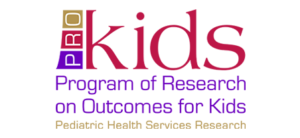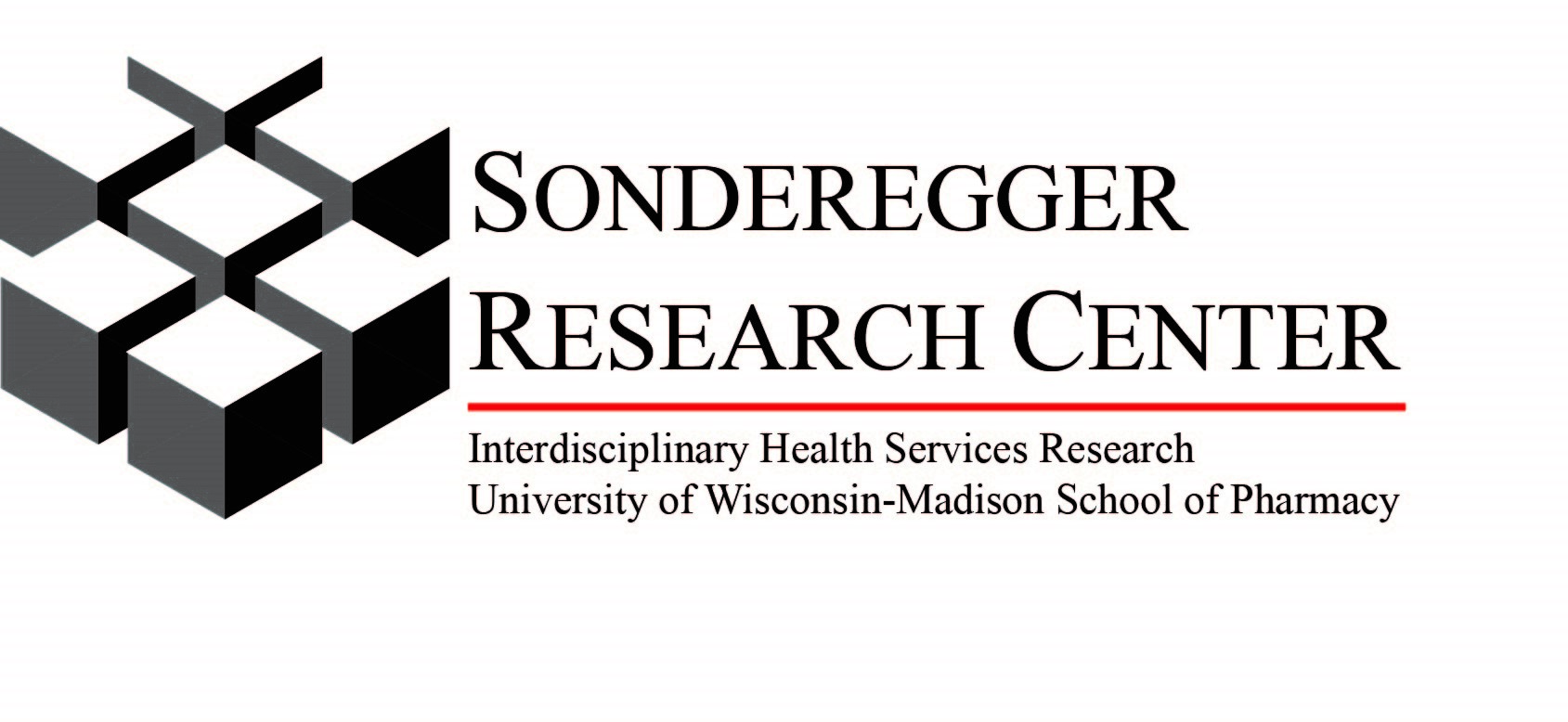- Dissemination and Implementation
- Engagement in Research
- HIPxChange
- Learning Health System
- Patient-Centered Outcomes Research
- Stakeholder Engagement
*Free registration is required to use the toolkits provided within HIPxChange. This information is required by our funders and is used to determine the impact of the materials posted on the website.
About the Toolkit
Stakeholders can provide invaluable feedback in all stages of the patient-centered outcomes research process. Stakeholder engagement can occur at any stage of the research trajectory and can take a variety of forms.
Blended stakeholder boards include the diverse perspectives of patients and other populations (which can include hard-to-reach populations like minorities and children), caregivers, healthcare leaders, providers, and disease advocates. Blended stakeholder boards can serve as an efficient, effective way to inform your research project at all stages.
What is Stakeholder Engagement?
The Patient-Centered Outcomes Research Institute (PCORI) defines stakeholder engagement as the “meaningful involvement of patients, caregivers, clinicians, and other health care stakeholders throughout the research process – from topic selection through design and conduct of research to dissemination of results.” PCORI, What We Mean by Engagement
Who should use this toolkit?
This toolkit was developed for researchers by researchers to guide you through the process of drafting a compelling plan for meaningfully engaging blended stakeholder boards across the lifecycle of a research or quality improvement project.
What does the toolkit contain?
The materials in this toolkit were originally created as part of a two-part workshop series led by researchers at the University of Wisconsin – Madison that included expert PCOR speakers, interactive sessions, templates, and other handouts.
The videos from these 2 workshop sessions are available in the toolkit, as well as multiple templates and materials for planning successful stakeholder engagement.
Workshop 1
- Develop a list of the types of stakeholders needed and a few potential names of representatives for your boards.
- Develop a plan for the frequency of meetings so you can then ask stakeholders to participate and begin getting letters of support.
Workshop 2
- Develop sample stakeholder board agendas/structure to add to grant proposals.
- Understand how to partner with stakeholders to optimize the study’s success.
What’s unique about this toolkit?
- It will enable you to create a compelling stakeholder engagement plan that encompasses all phases of the research trajectory and is unique to your research project or grant proposal.
- It applies an accepted public engagement model, the Public Involvement Impact Assessment Framework (PiiAF), to stakeholder engagement planning and evaluation.
- It demonstrates the impact of an iterative process in which research teams define meaningful questions for stakeholders, gather stakeholder input, implement stakeholder advice, and report back impact to advisory groups.
How should these tools be used?
The toolkit is comprised of two sections that correspond to two workshops that were conducted at the University of Wisconsin – Madison.
Each section contains:
- A workshop video that can be viewed online
- Several corresponding templates that you can download and use as is or customize for your organization’s needs.
Development of this toolkit
The Sustaining Engagement of Blended Stakeholder Boards across the PCOR Trajectory Toolkit was developed by Betty Chewning, PhD at the University of Wisconsin – Madison School of Pharmacy, Elizabeth Cox, MD, PhD at the University of Wisconsin – Madison Department of Pediatrics, and Gwen Jacobsohn, PhD at the University of Wisconsin – Madison Department of Medicine & Community Health.
This interactive workshop on Patient-Centered Outcomes Research (PCOR) is part of a UW Institute for Clinical and Translational Research – Community and Academic Partnerships (ICTR-CAP) collaboration to create state-of-the art resources for PCOR investigators at the University of Wisconsin-Madison. Five ICTR CAP programs are participating in this collaboration. These ICTR-CAP PCOR activities are supported in part by grant UL1TR000427 to UW ICTR from NIH/NCATS, as well as the University of Wisconsin-Madison School of Medicine and Public Health’s Wisconsin Partnership Program, WPP-ICTR grant #3086. Additional support was provided by the University of Wisconsin School of Medicine and Public Health’s Health Innovation Program (HIP). The content is solely the responsibility of the authors and does not necessarily represent the official views of the National Institutes of Health or other funders
References
Fiallo-Scharer R, Palta M, Chewning BA, Rajamanickam V, Wysocki T, Wetterneck TB, Cox ED. Impact of family-centered tailoring of pediatric diabetes self-management resources. Pediatr Diabetes. 2019 Nov;20(7):1016-1024.
Toolkit Citation
Chewning B, Cox ED, Jacobsohn G. Sustaining Engagement of Blended Stakeholder Boards Across the Research Trajectory Toolkit. Madison, WI: University of Wisconsin School of Medicine and Public Health’s Department of Pediatrics, Health Innovation Program; October 2016. Available at: https://hipxchange.org/SustainingEngagement







